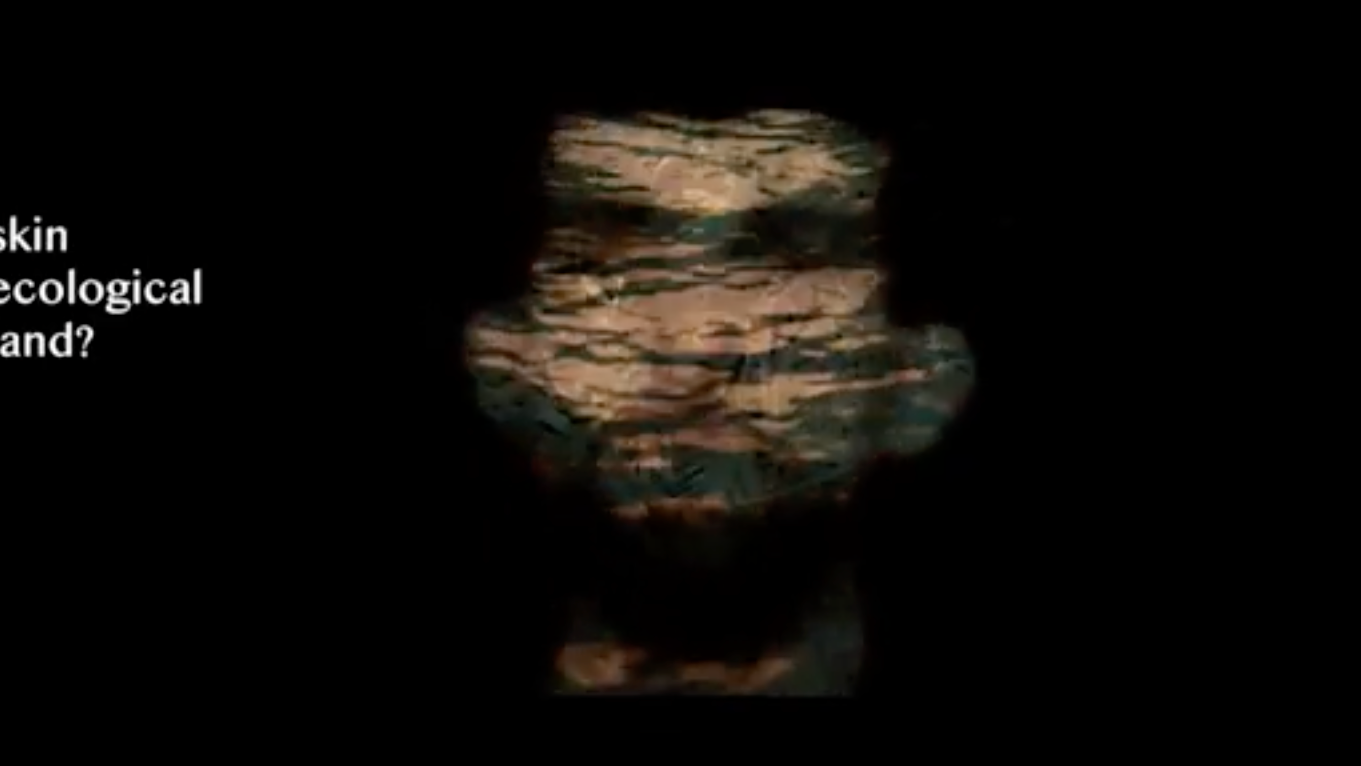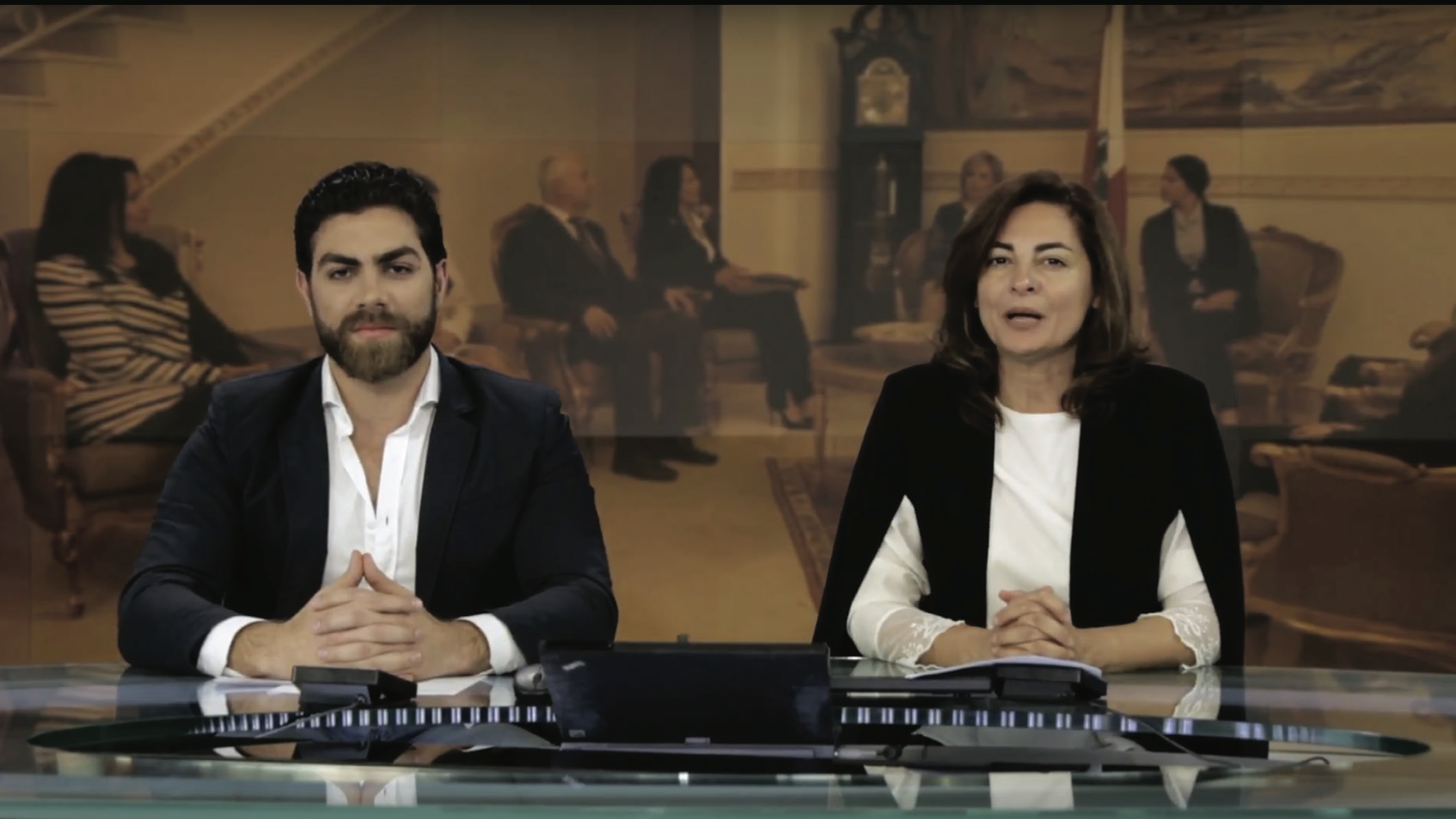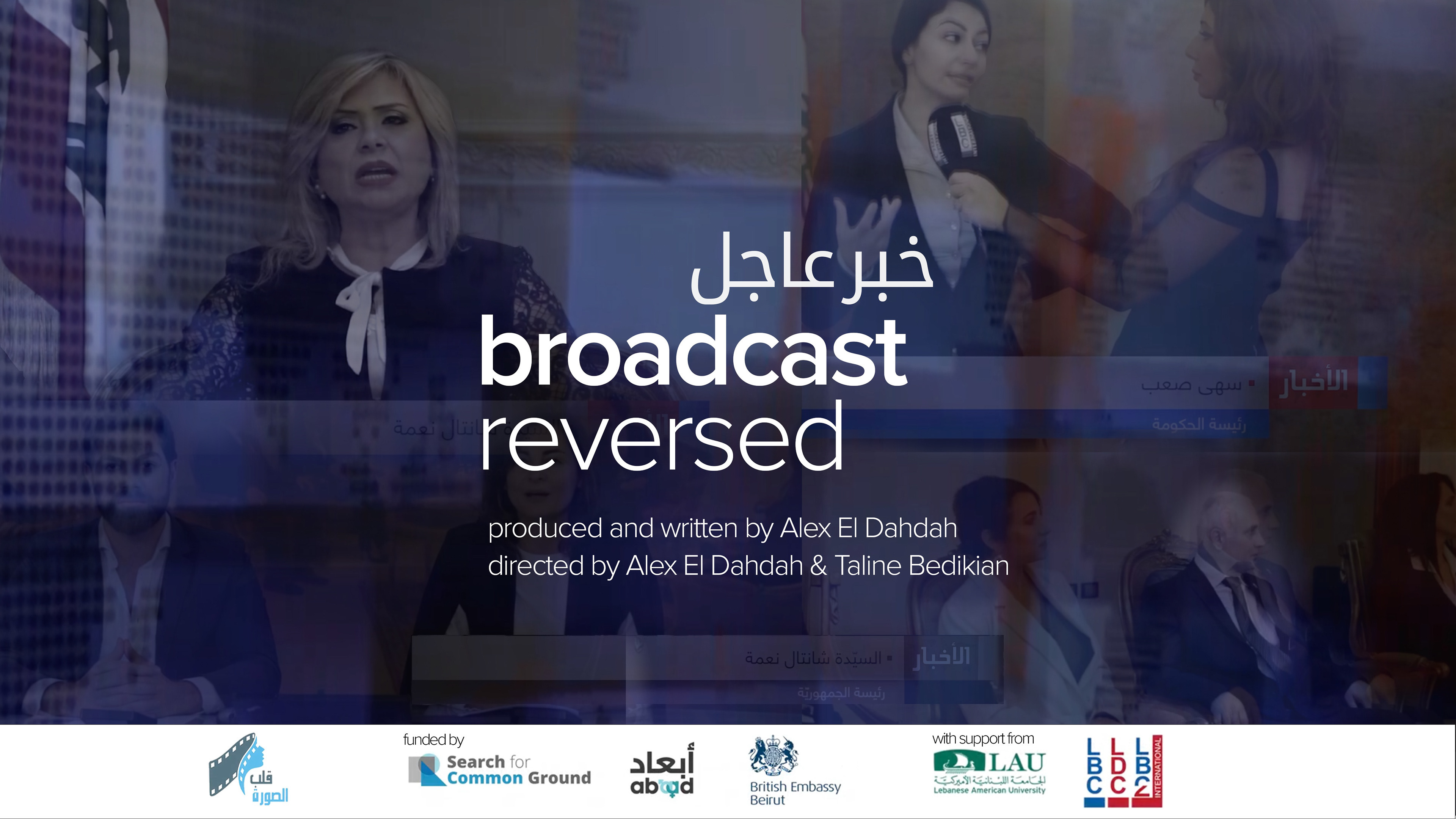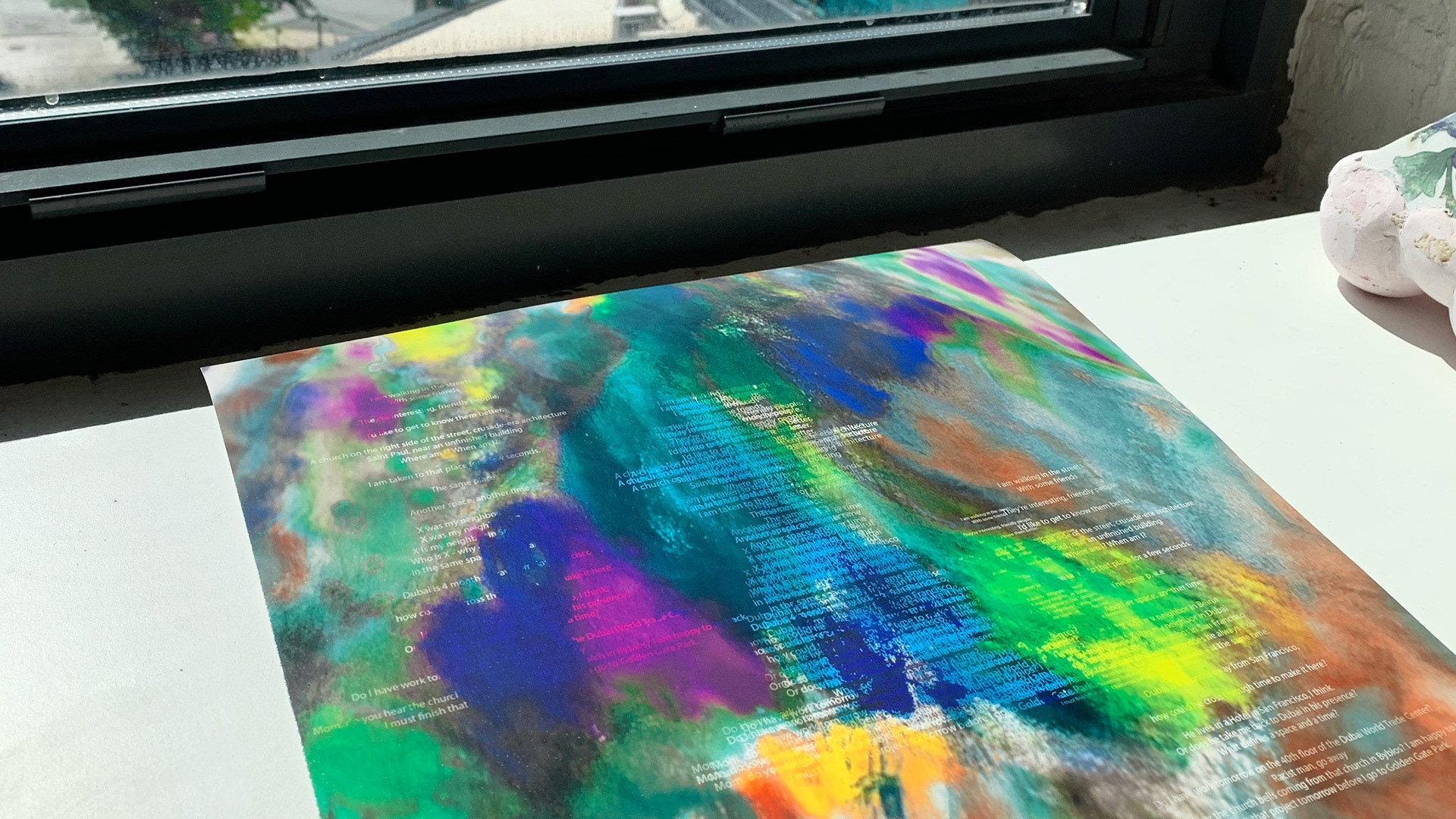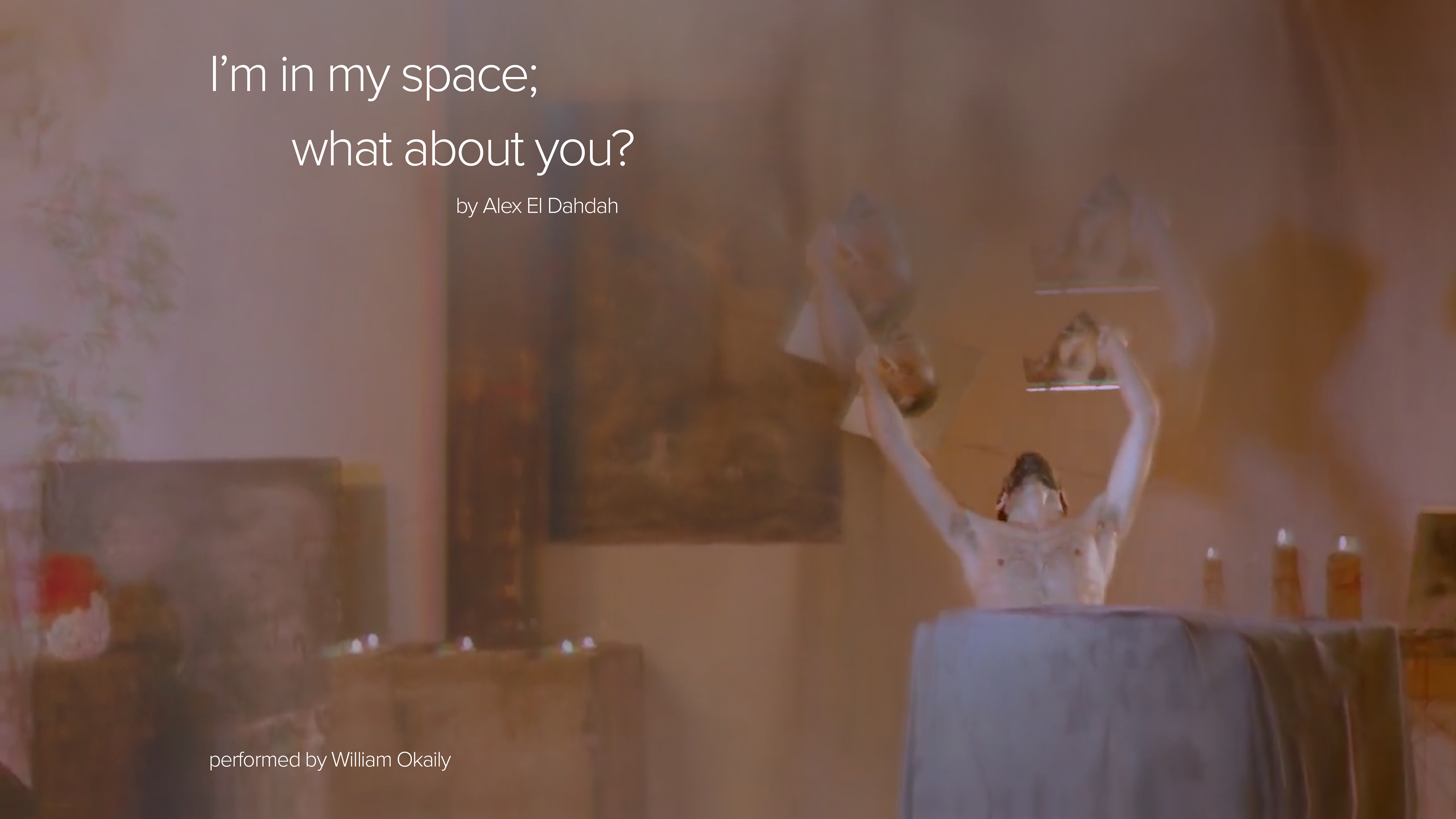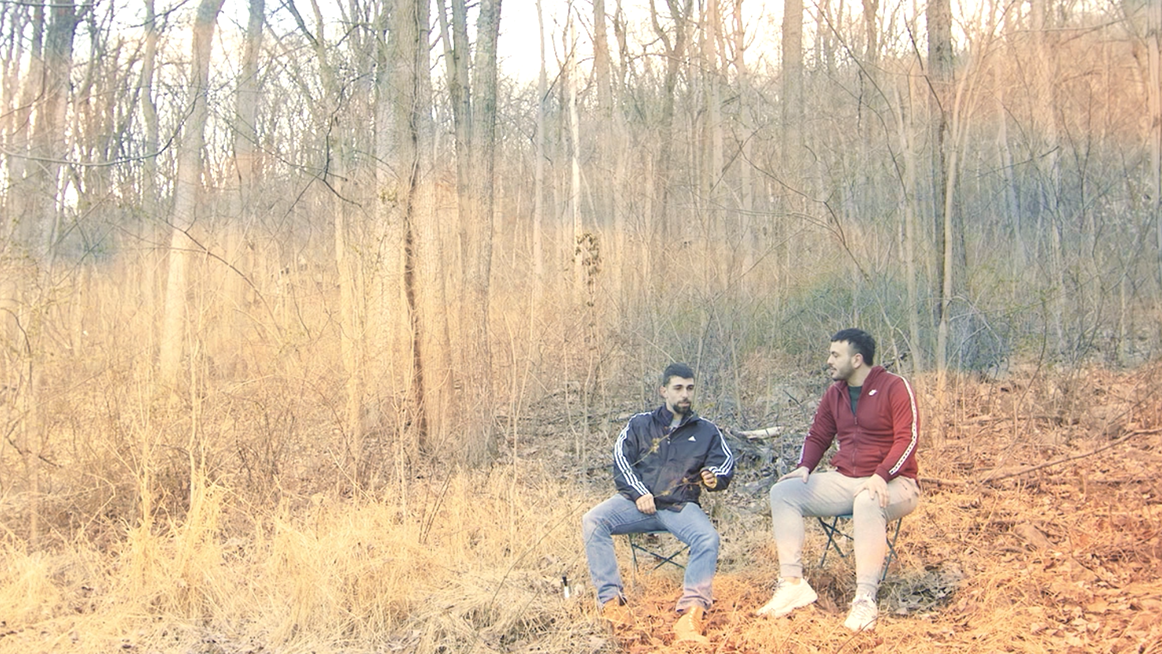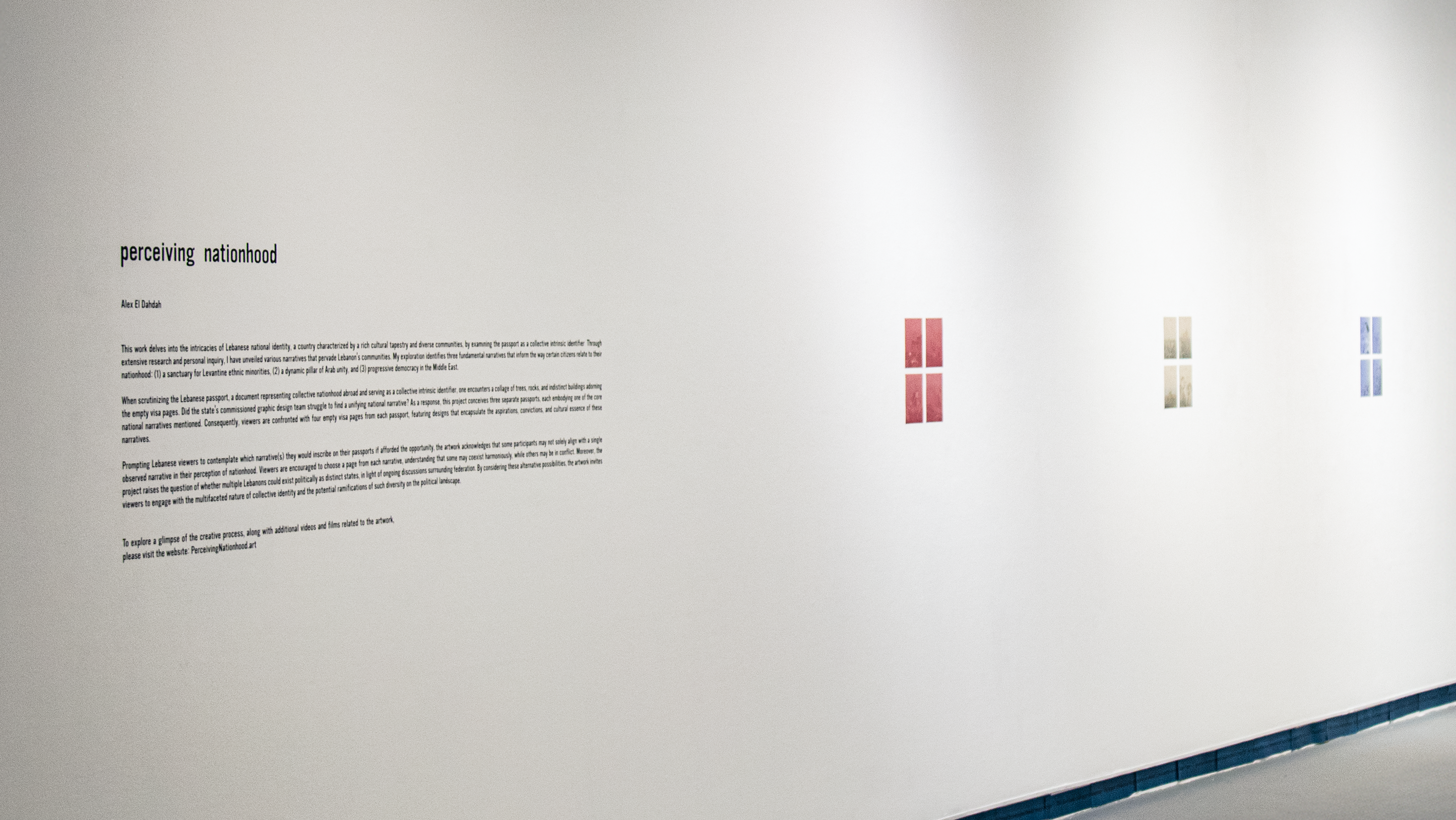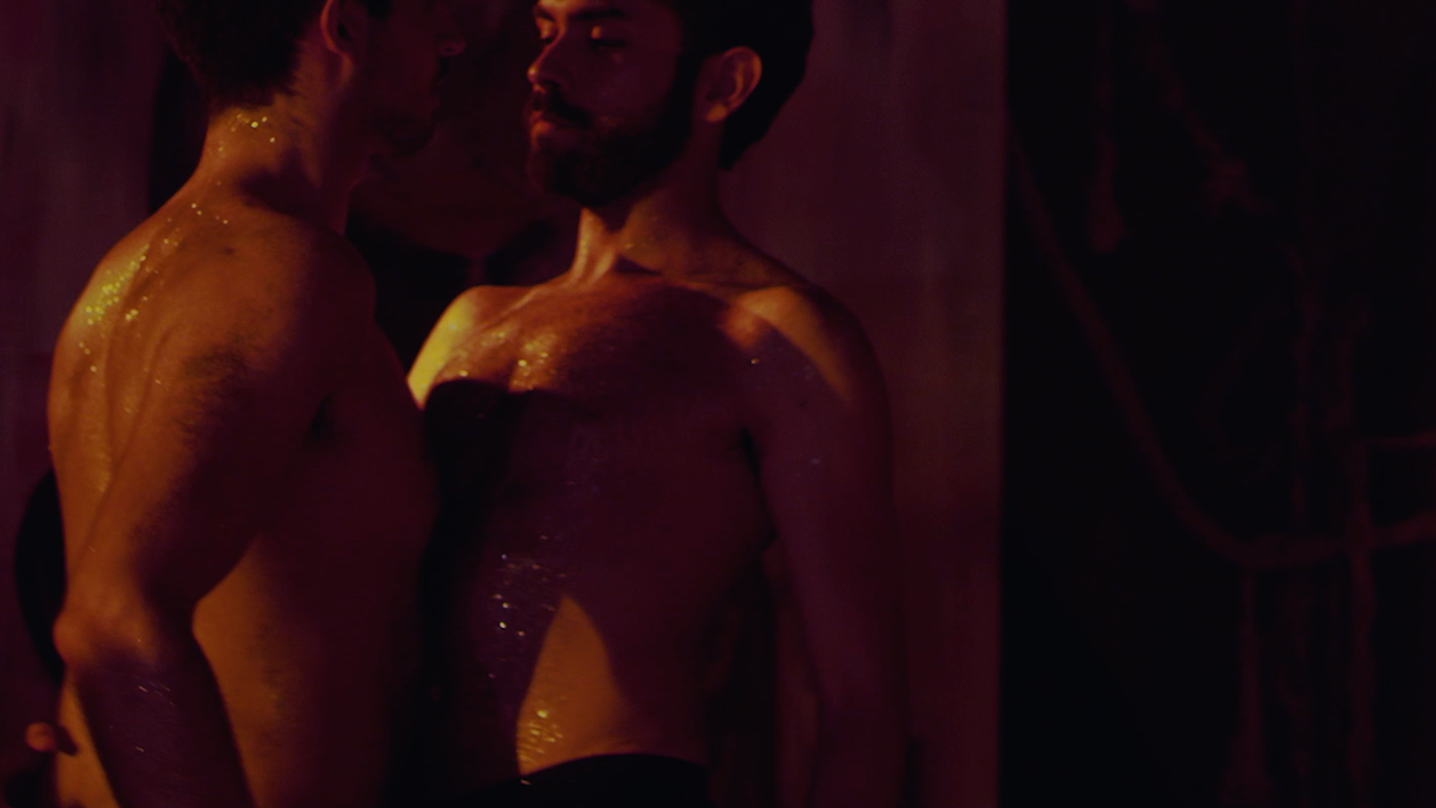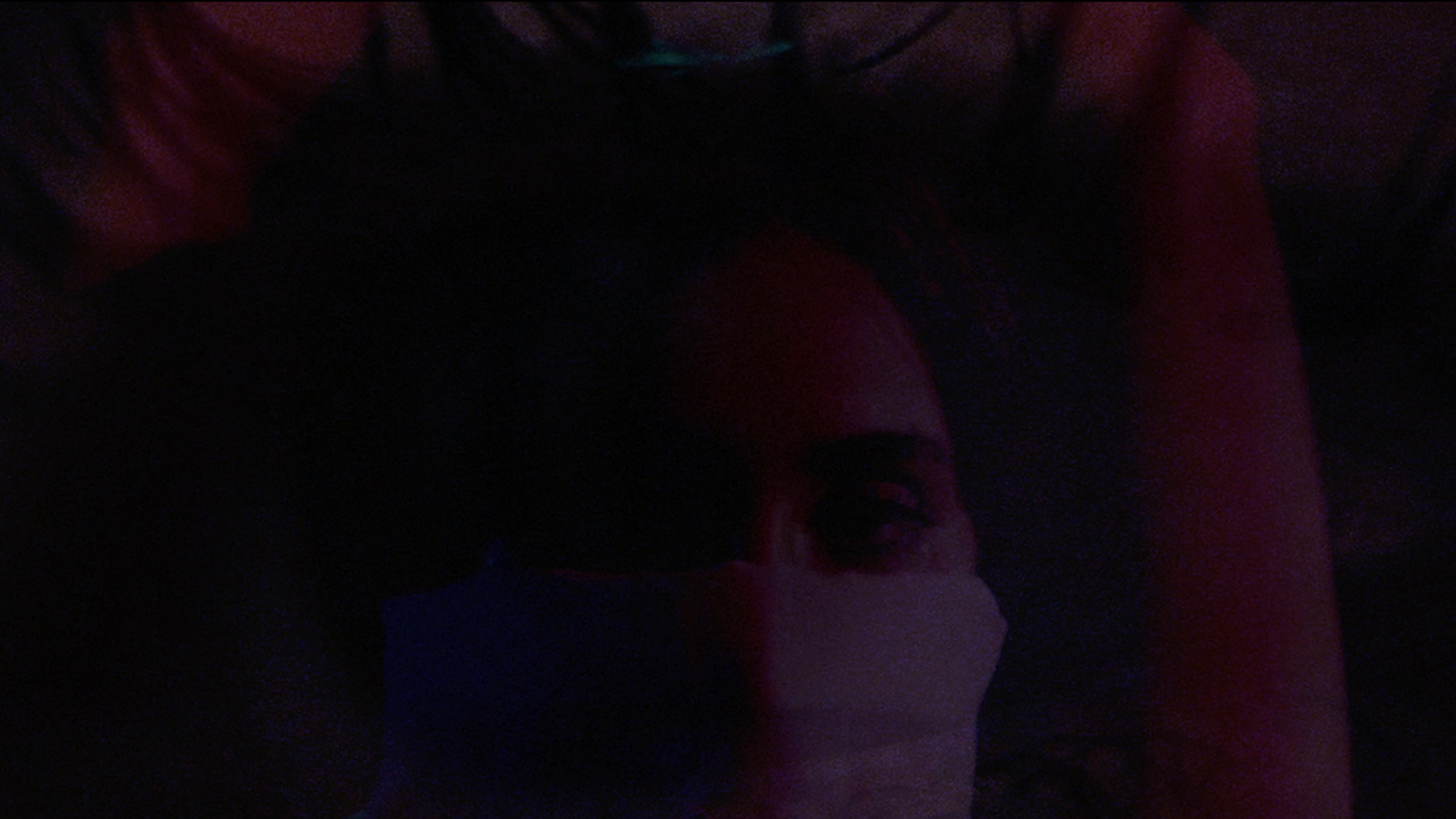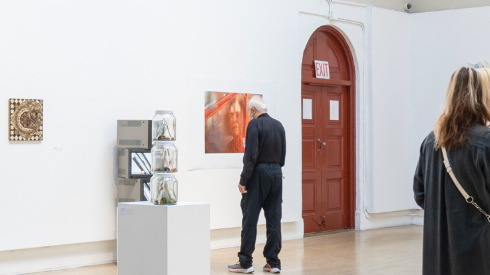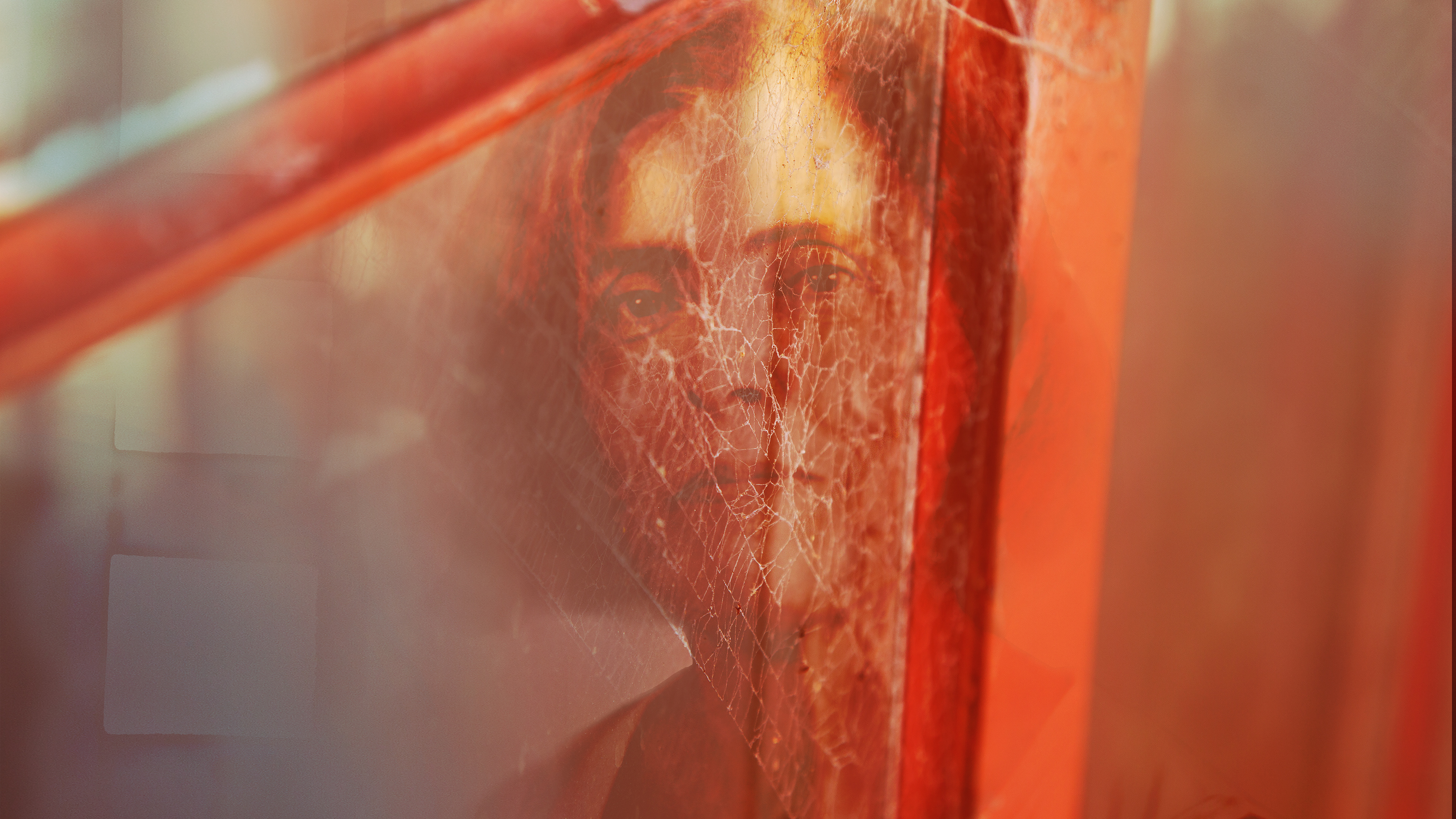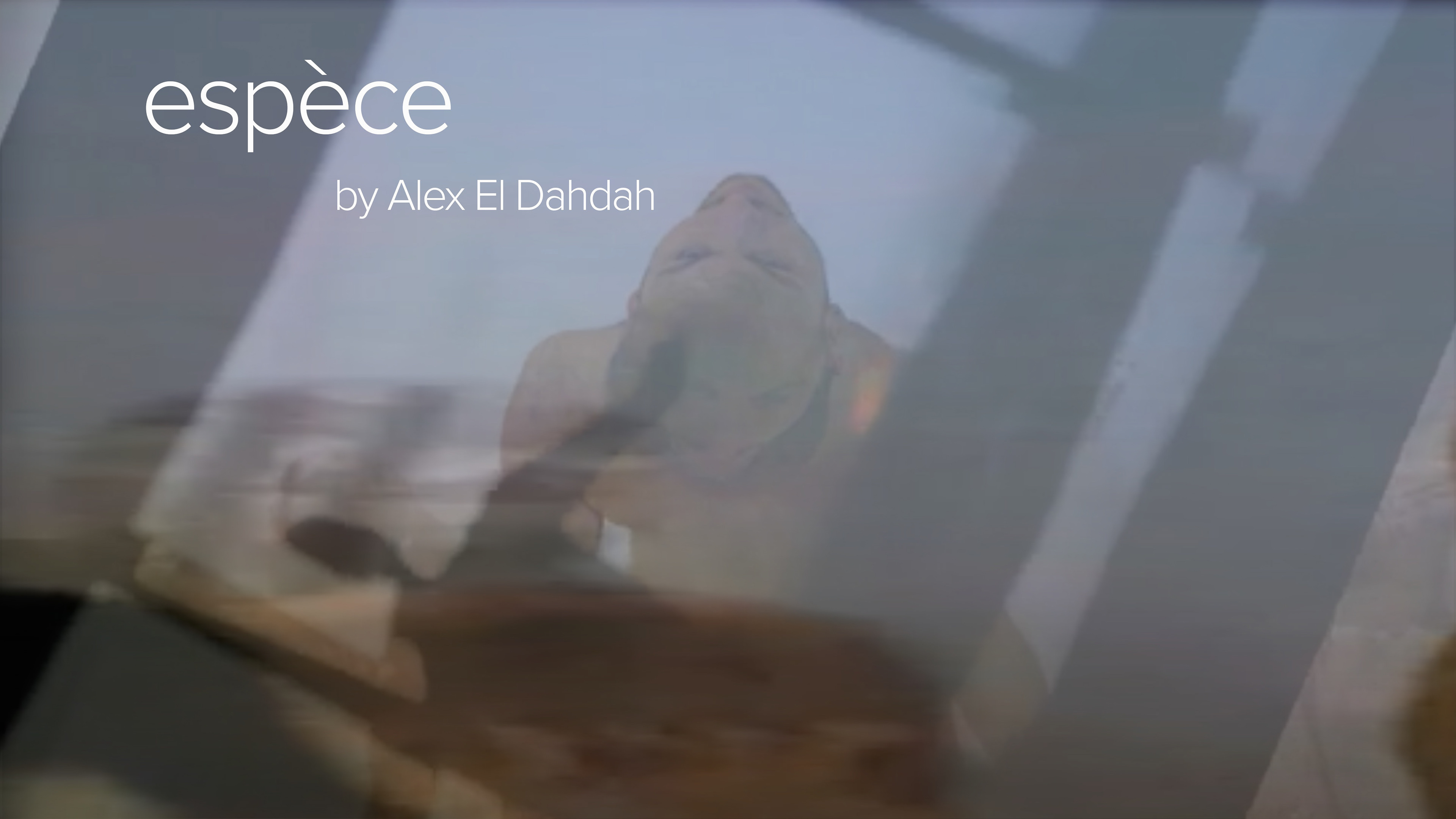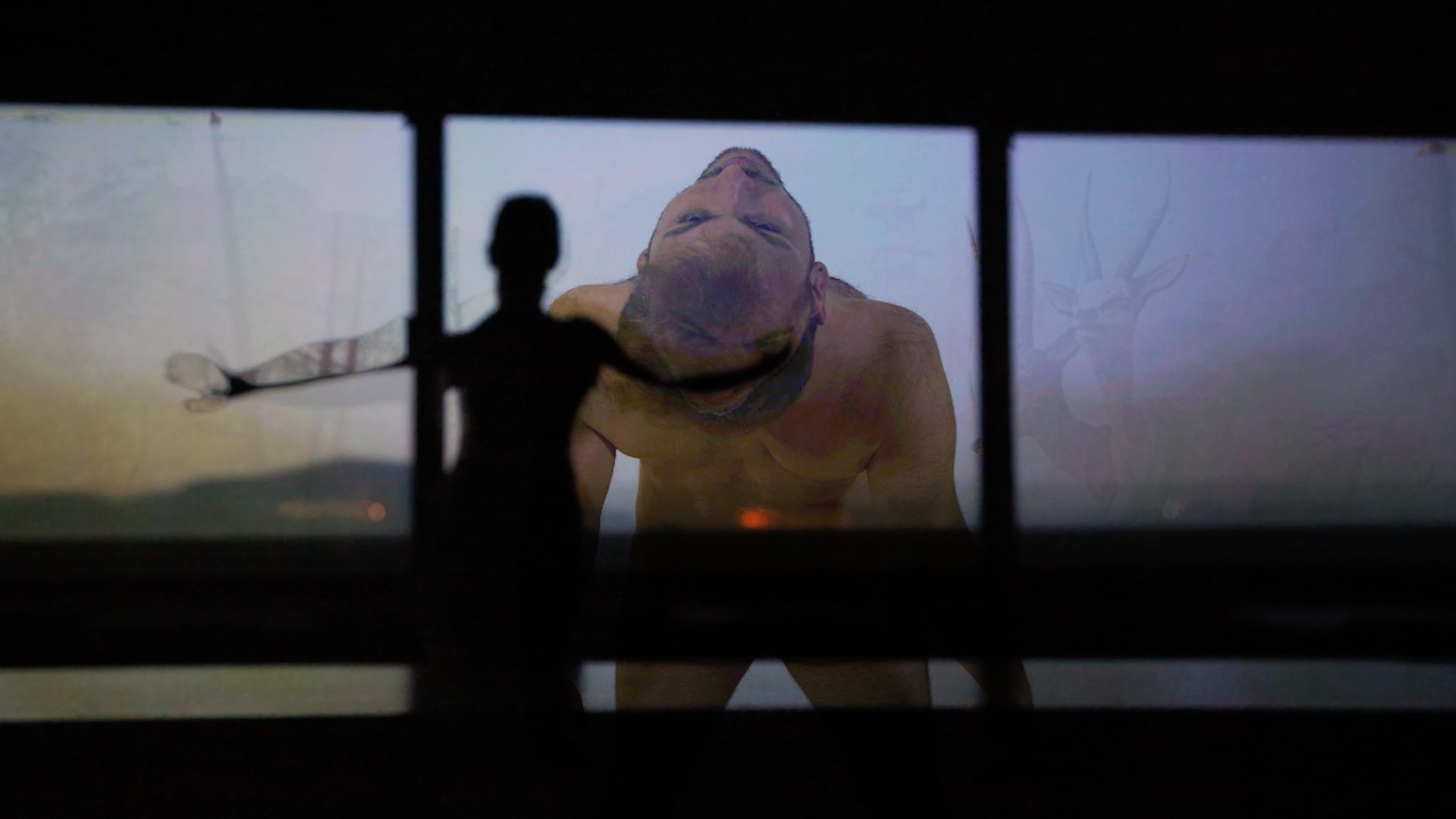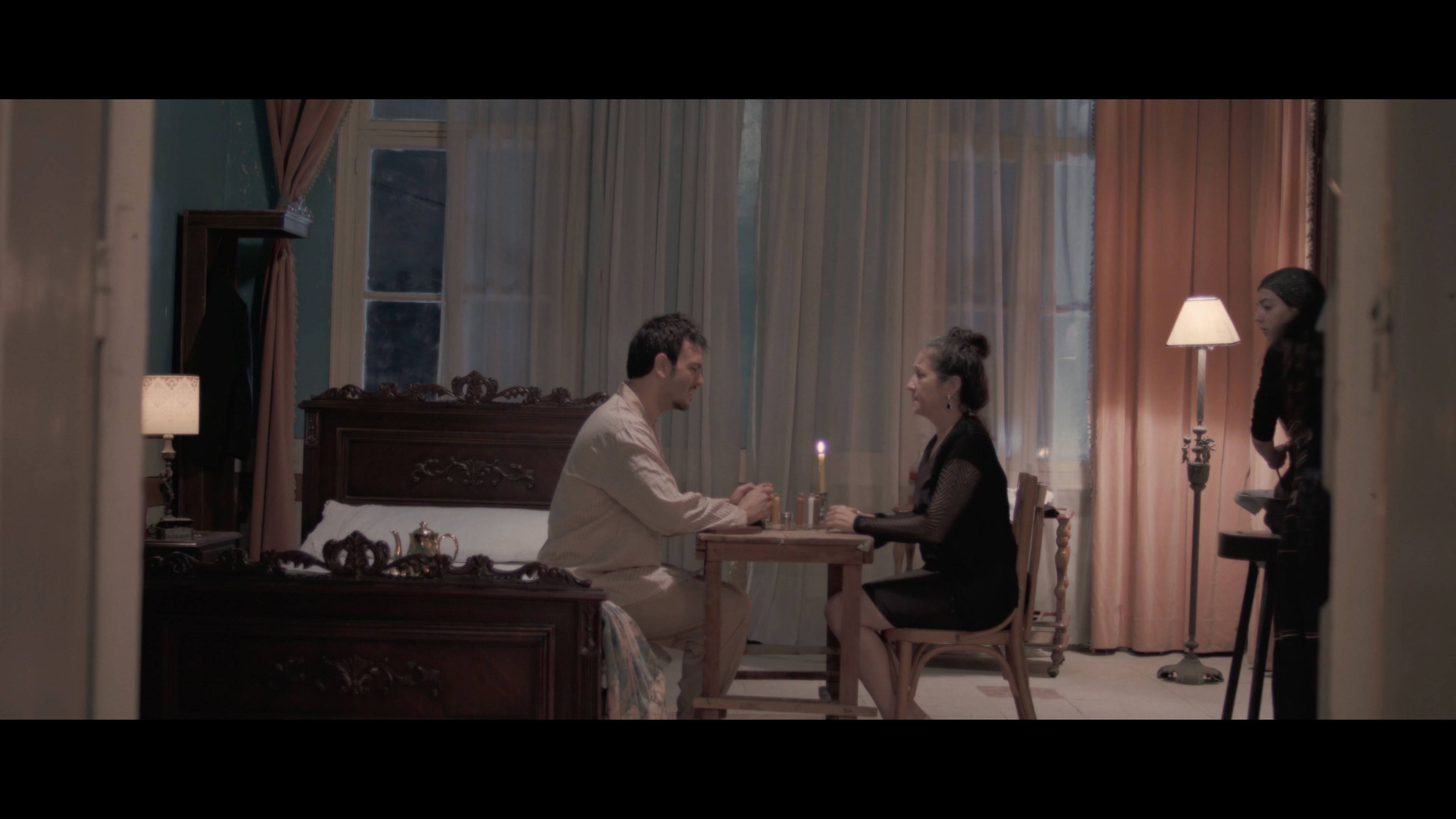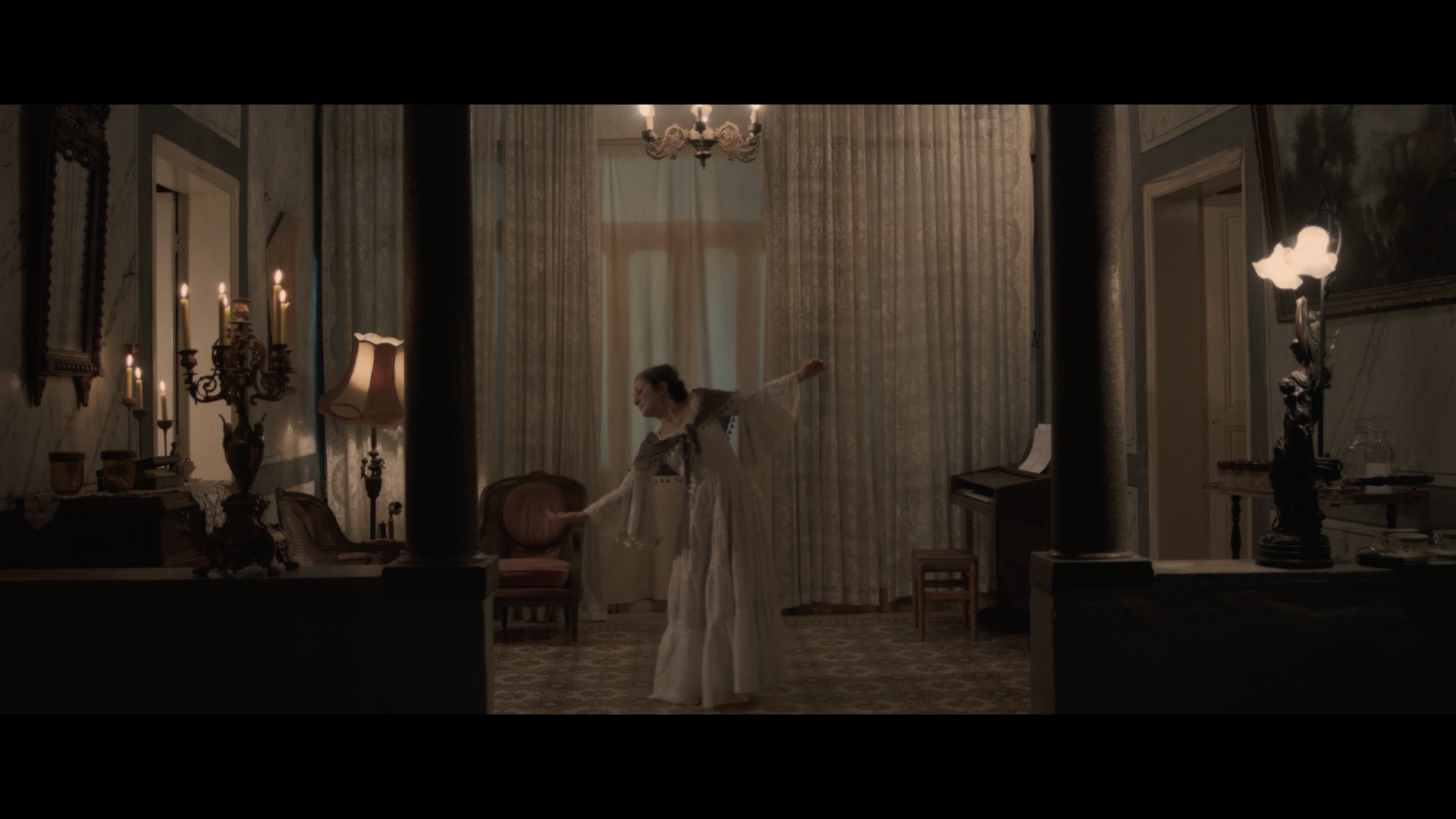Artist Statement
As the artist behind the Post-Nations Project, I am driven to reimagine the structures of nationhood and citizenship in a world that increasingly operates beyond the confines of traditional nationalism. My experiences in the citizenship-by-investment industry exposed the paradoxes of governance and citizenship systems, where the rhetoric of nationhood often contrasts sharply with the realities of how citizenship is allocated—frequently based on factors like wealth and technical skills, rather than cultural or ethnic ties.
While nation-states have long served as pillars of cultural identity and international relations, they are being reshaped by the pressures of globalization, technological advancement, and growing individual mobility. This project does not claim that Post-Nations are inherently better or worse than nation-states but instead seeks to explore a world that seems to hint at post-national realities without fully acknowledging them in its vernacular.
The Post-Nations Project, with elements like the Concord for Post-National Cooperation and Understanding (CPCU), reflects my interest in examining and illustrating systems that prioritize individual agency, diversity, and adaptability. It imagines citizenship as a fluid and transactional relationship—one that responds to the evolving needs and aspirations of individuals, rather than being fixed by birthright or geography. Through the CPCU, the project proposes frameworks for shared spaces and initiatives, fostering cooperation, innovation, and inclusivity in ways that mirror emerging global trends.
Ultimately, this project invites reflection on the shifting boundaries of identity, belonging, and governance. It does not aim to replace or dismiss nation-states but to highlight how the structures of the past are increasingly intersecting with dynamic systems that challenge traditional ideas of citizenship and governance. Through this exploration, the Post-Nations Project asks us to consider how we might navigate a world that is both interconnected and fragmented, traditional and evolving, familiar and unfamiliar.
